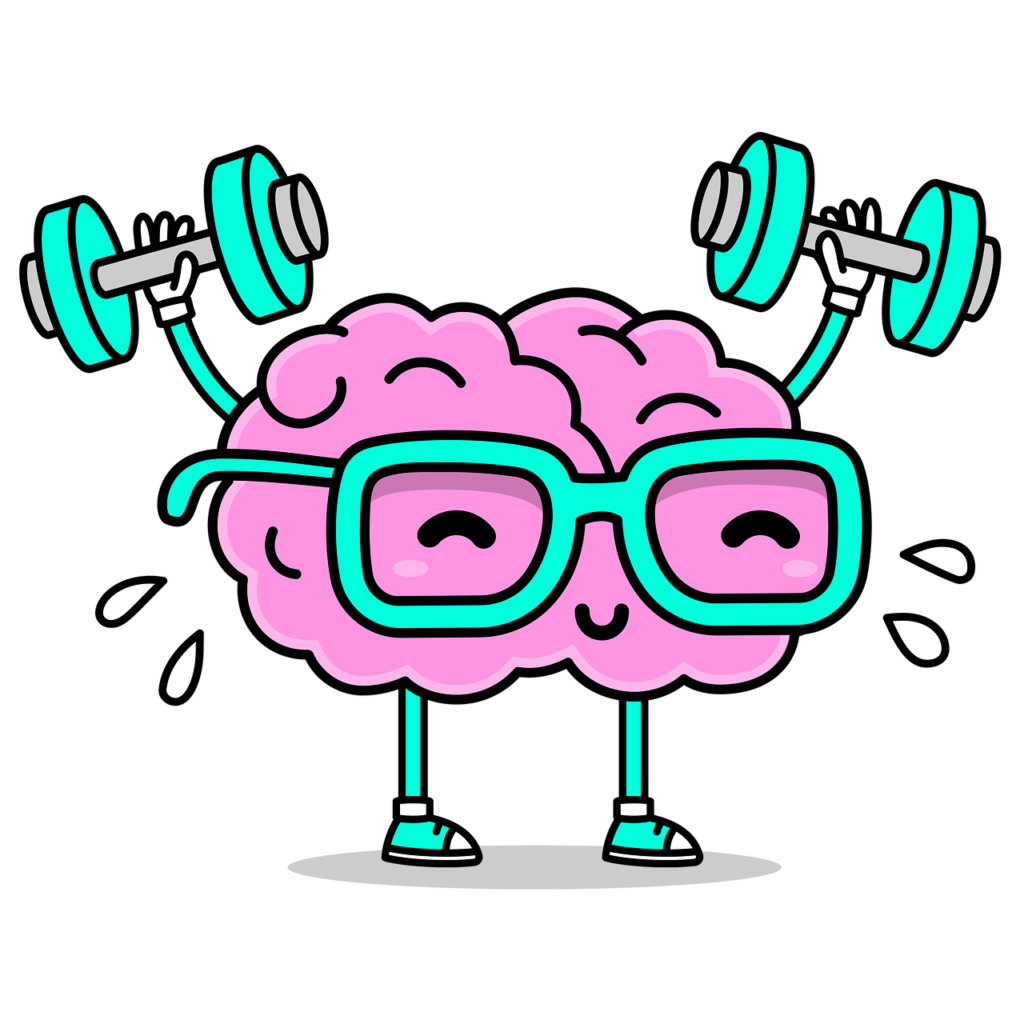Two main pillars : the Individual and the Society
Picture by jplenio
Changing Ourselves to Change Society
“We cannot solve our problems with the same thinking we used when we created them.”
—Albert Einstein
Recommended book : A brief History of Time by Stephen Hawking

Individual level : our brain
Caring for our brain through healthy habits is essential for personal growth and overall well-being. As the control center for our thoughts, emotions, and actions, the brain benefits immensely from deliberate nurturing. Let’s explore the impact, importance, and practical steps to cultivate habits that promote brain health.
1. The Impact of Brain-Healthy Habits
Healthy brain habits enhance cognitive abilities, emotional regulation, and memory retention. Activities like mindfulness meditation can reduce stress and improve focus, while regular physical exercise boosts neuroplasticity—the brain’s ability to adapt and learn. Proper sleep solidifies memories and rejuvenates mental energy. These practices not only improve daily life but also lower the risk of neurodegenerative diseases, such as Alzheimer’s.
2. Why Brain Health Matters
Our brain shapes who we are and how we interact with the world. A healthy brain enables sharper thinking, emotional resilience, and better decision-making. It also underpins personal fulfillment, creativity, and meaningful relationships. Without conscious care, factors like stress, poor diet, and lack of rest can hinder cognitive functions, diminishing overall quality of life.
3. How to Build Brain-Healthy Habits
Cultivating habits for brain health involves small but impactful actions:
- Prioritize Sleep: Aim for 7–9 hours of quality sleep to support memory and mental clarity.
- Stay Active: Engage in regular exercise to promote blood flow and release brain-boosting chemicals like endorphins.
- Feed Your Brain: Consume nutrient-rich foods, such as leafy greens, fatty fish, and nuts, to fuel cognitive processes.
- Practice Mindfulness: Incorporate mindfulness or meditation to reduce stress and enhance focus.
Focusing on brain health is an investment in your future. By nurturing the habits that strengthen it, you empower yourself to live a more vibrant, capable, and fulfilling life.
Picture by riadbenamar123
Societal level : a basic needs providing system
Ensuring access to food, water, shelter, and electricity for everyone is not just a moral imperative—it’s a pathway to a healthier, more equitable society. Establishing systems that guarantee these basic needs can have transformative effects on individuals and the community at large. Here’s an exploration of the impact, importance, and steps toward achieving this vision.
1. The Impact of Meeting Basic Needs
When people’s basic needs are met, they can shift their focus from survival to growth. Access to essentials like nutritious food and clean water improves physical health and reduces healthcare burdens. Reliable shelter and electricity provide safety, stability, and the tools for education and productivity. As individuals thrive, society benefits through increased innovation, economic participation, and social harmony.
2. Why This System is Essential
Basic needs are fundamental rights, yet millions lack access due to poverty, inequality, and systemic failures. When these needs are unmet, it leads to cycles of deprivation, limiting opportunities and exacerbating social divides. A society that invests in its members’ well-being fosters equality, reduces crime, and enhances the collective quality of life. Ensuring access to basic necessities is a step toward a just and sustainable future.
3. How to Build a System That Provides Basic Needs
Establishing such a system requires collaboration, innovation, and commitment:
- Policy and Funding: Governments should prioritize policies that ensure universal access to basic services, funded through fair taxation and global partnerships.
- Community-Driven Solutions: Empower local communities to implement sustainable initiatives, like community gardens or renewable energy projects, tailored to their unique needs.
- Technology and Infrastructure: Leverage advancements in technology to deliver clean water, affordable housing, and energy-efficient solutions in a scalable and cost-effective manner.
By addressing these basic needs, society can unlock human potential on an unprecedented scale. When no one is left behind, we pave the way for a future marked by equality, opportunity, and shared prosperity.
Picture by Julia M Cameron


Breaking the Loop: How Self-Awareness Can Reshape Society and the World
Individual and society form a closed loop that continuously interacts. By cultivating self-awareness in individuals, we can reshape society and make it more conscious. This shift should begin at the country level but must expand globally.
At the global level, countries need to recognize each other not as “barbarians” but as equal citizens of the world. A profound transformation must take place so that our brain’s base layer shifts to identify as global citizens first—putting our shared humanity before national borders.
Though many focus on boosting individual motivation and growth, the global perspective remains largely underexplored. When we recognize that we are all human beings, we’ll begin to support each other, irrespective of race, color, or origin.
By prioritizing basic needs and fostering self-awareness, we can reduce inequalities, making it easier to create a positive feedback loop. This will enhance individuals, society, and the world, all while respecting our shared values and striving for harmony with our environment.
Picture by JillWellington